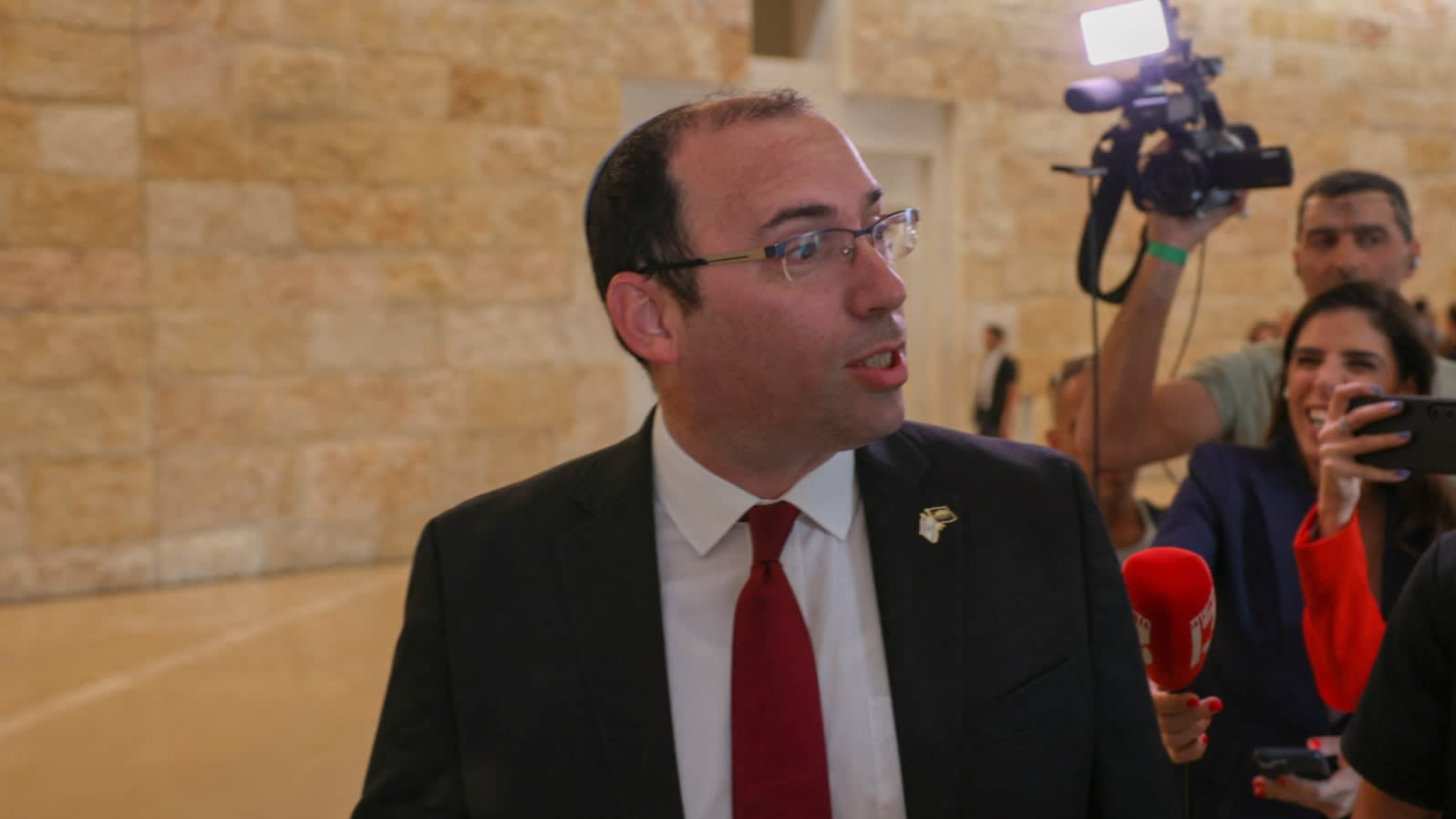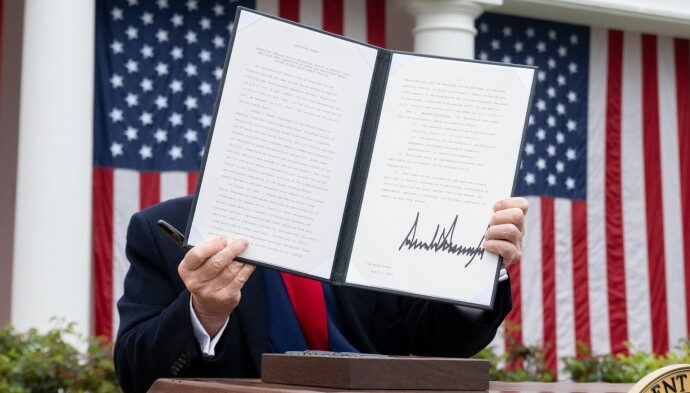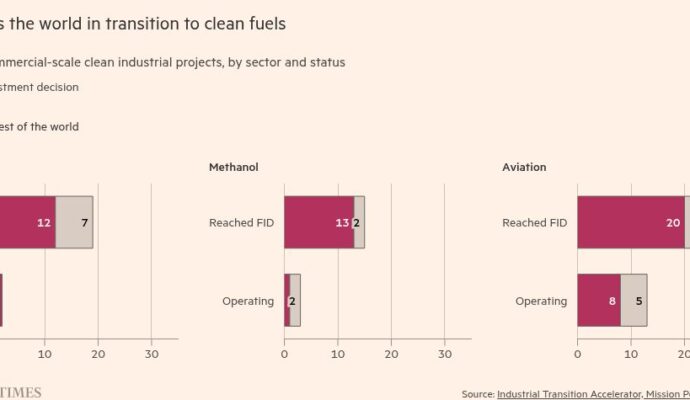
Unlock the Editor’s Digest for free
Roula Khalaf, Editor of the FT, selects her favourite stories in this weekly newsletter.
Israel on Monday cancelled the visas of Australian diplomats who maintain ties with the Palestinian Authority, in an escalating spat between the allies after Canberra said it would recognise a Palestinian state.
The move came in response to Australia denying a visa to Simcha Rothman, a far-right ultranationalist who serves in the Israeli parliament for a coalition party propping up Prime Minister Benjamin Netanyahu, and who had planned to visit Australia for a speaking tour.
Australia maintains a representative office in Ramallah in the West Bank to liaise with the Palestinian Authority, the west’s preferred interlocutor that governs with limited self-rule in the occupied territory.
The cancellations by Israel followed “Australia’s decisions to recognise a ‘Palestinian state’ and against the backdrop of Australia’s unjustified refusal to grant visas to a number of Israeli figures”, Israel’s foreign minister Gideon Sa’ar said on X.
Australia announced this month it would join several of Israel’s traditional allies in the west — the UK, France and Canada — in recognising a Palestinian state at the time of the UN General Assembly later this year.
The move has angered the Israeli government, which opposes Palestinian statehood.
Israel’s leaders have claimed the shift was driven by antisemitism, and by western politicians’ desire to appease Muslims in their countries. It has responded by speeding up settlement expansion in the West Bank.
Netanyahu on Tuesday lashed out at Australia’s Prime Minister Anthony Albanese, calling him a “weak politician who betrayed Israel and abandoned Australia’s Jews”.
The influential nations, some with historical ties to Israel’s creation, have described the decision as a means of pressuring Netanyahu to conclude the war in Gaza and to return to the west’s view that a two-state solution remains the best route to long-term peace.
Some of the proposed recognitions — including Australia’s — come with requirements that the Palestinian Authority carry out significant reforms, and call elections soon to restore the international community’s confidence in its institutions.
Others, like the UK’s, allow for the planned recognition to be called off if Israel agrees to a ceasefire, permits vast amounts of humanitarian aid to enter Gaza, and starts discussing a two-state solution.
Rothman is considered extreme even by right-wing Israeli standards. His visits to western capitals have often sparked protests by liberal Jews in New York and elsewhere.
He has described Gazan children as “enemies”, advocated for the expulsions of Palestinians from the enclave and seeks to annex the West Bank into Israel.
Rothman told Reuters he had been informed that his visa was cancelled over remarks the Australian government considered dangerous or inflammatory. Sa’ar also said Rothman had not been granted a visa.
“Nothing that I said personally has not been said over and over again by the vast majority of the public in Israel and the government of Israel,” Rothman said.
Home minister Tony Burke told Australian media: “Our government takes a hard line on people who seek to come to our country and spread division.”
Rothman had planned to meet members of the Australian Jewish Association to show support during a rise in reported antisemitic incidents in Sydney and elsewhere.
“While antisemitism is raging in Australia, including manifestations of violence against Jews and Jewish institutions, the Australian government is choosing to fuel it by false accusations,” said Sa’ar.


